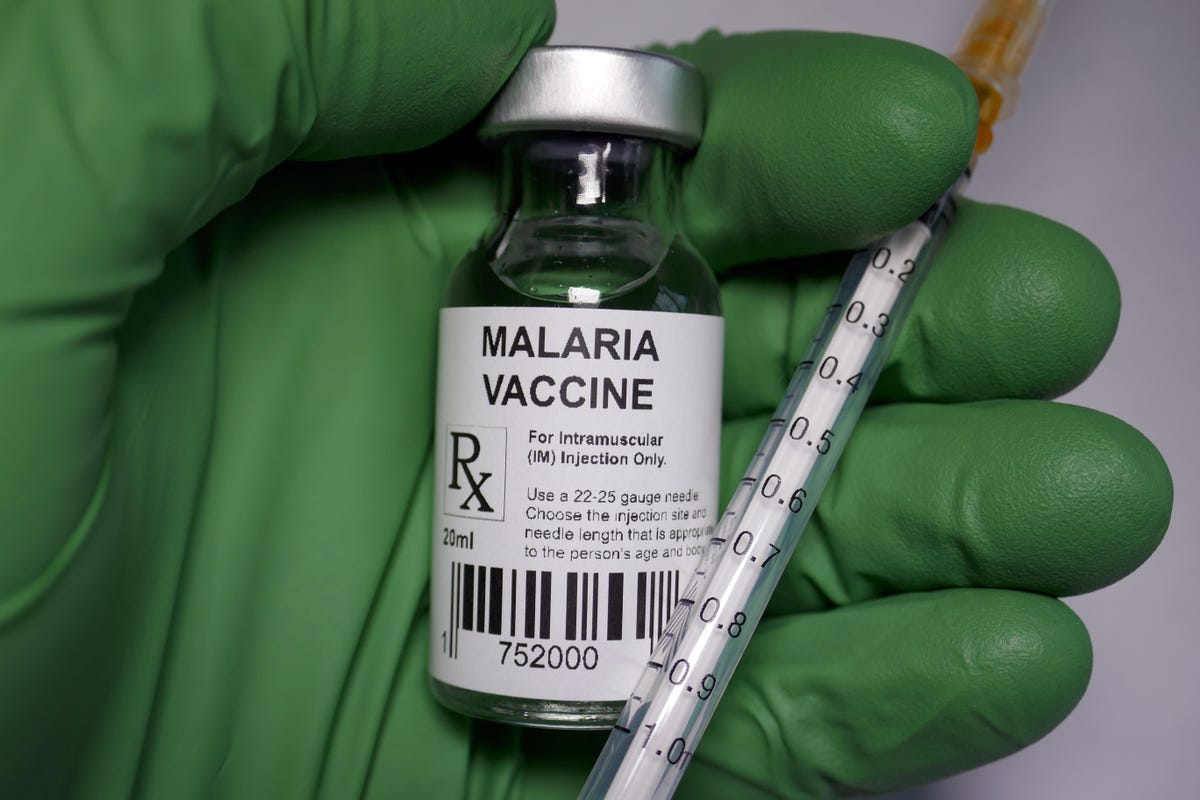
In a monumental decision to combat the deadly malaria disease, Nigeria has granted approval for R21 malaria vaccine developed by a team of scientists at Oxford University. This follows the recent endorsement of the vaccine by Ghana, demonstrating a growing confidence in this innovative solution to tackle the devastating impact of malaria in the region.
Mojisola Adeyeye, the head of Nigeria’s National Agency for Food and Drugs Administration (NAFDAC), announced that the vaccine, dubbed R21, is set to be administered to children aged between five months and three years. This particular age group is the most vulnerable to the disease and, as such, has been prioritized in the national vaccination program.
Interestingly, this approval comes even before the publication of the final stage trial data, highlighting the urgency and the faith placed in the vaccine by Nigerian authorities. Preliminary data suggest that the R21 vaccine boasts an efficacy rate of approximately 80%, positioning it as a promising tool in the fight against malaria.
The gravity of the malaria situation in Nigeria cannot be understated, as the nation bears the brunt of the highest number of malaria-related fatalities across the globe. Each year, over 6,000 lives are lost to the disease, with the vast majority of victims being children residing in Sub-Saharan Africa. This harrowing reality has compelled Nigeria to adopt an assertive approach to tackling malaria and, ultimately, saving lives.
The endorsement of the R21 malaria vaccine by Nigeria, coupled with Ghana’s recent approval, signifies a turning point in the battle against malaria in Sub-Saharan Africa. As more nations join the fray, the implementation of this groundbreaking vaccine has the potential to transform the lives of millions of vulnerable children, offering them a brighter and healthier future.
In conclusion, Nigeria’s decision to approve the R21 malaria vaccine serves as a testament to the relentless efforts of the scientific community and the unwavering commitment of governments to put an end to this deadly disease. This move sets the stage for a new era in malaria prevention and may very well be the key to unlocking a world free from the devastating effects of this life-threatening illness.













